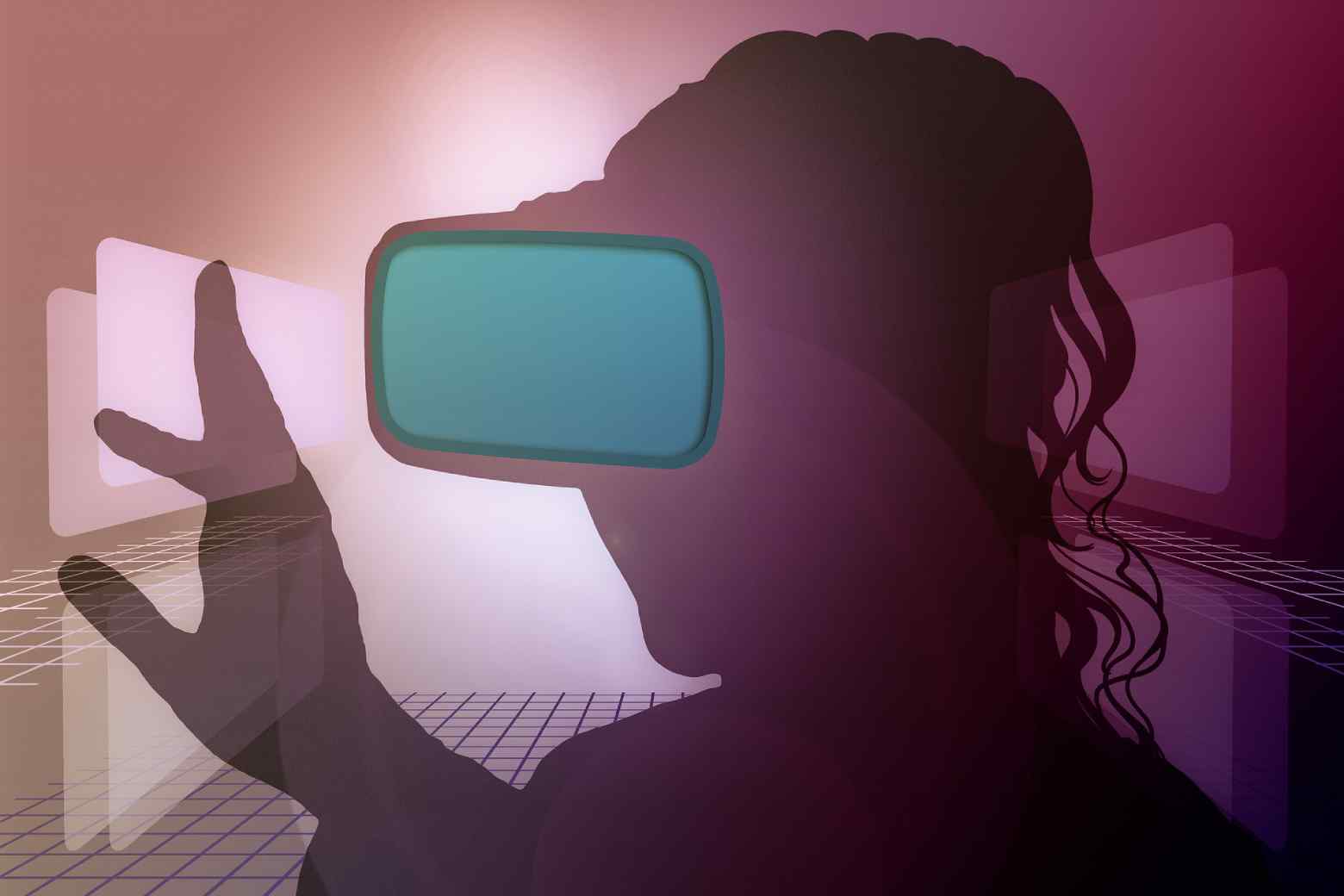Metaverse – What Is It Anyway?
The Metaverse is a vision of a shared online world that doesn’t exist yet. In it, the virtual world, augmented reality, and the natural world meet. Users have a digital identity – an avatar – and can move seamlessly between different virtual spaces and applications. The apps can be very different – from health and gaming to shopping to digital events and clubs.
There currently needs to be a set definition of the Metaverse that everyone agrees on. However, an article by American investor Matthew Ball caught a lot of attention, and Mark Zuckerberg made it required reading for his staff. It describes some of the cornerstones that serve as a framework for discussion. This includes, for example, that the Metaverse cannot be paused or stopped, that it works decentrally and is always alive, and has its own economy.
Large tech companies see enormous potential in this vision and therefore invest heavily. They are also concerned with securing a sphere of influence in this future world – the question: How do we log in? On whose servers are our avatars stored, and who determines the game’s rules, such as standards and interfaces? Because Facebook’s Mark Zuckerberg saw so much potential here, he immediately named his company “Meta” in 2021, which is why many now mistakenly equate the American giant with the Metaverse.
Products Come In Two Forms: Physical And Digital.
Metaverse users not only consume Metaverse but also actively shape it. Anyone can create and help shape a room, event, store, or club. We then live, work and communicate in this digital world. However, instead of being cut off from the real world, the two universes are intertwined. Objects, services, and locations can be teleported from one world to another.
For example, a purchased item like a shoe can have two appearances: it exists in physical form and is sent to customers, but they also have it as a digital image. Your avatar in the Metaverse can wear these shoes, and they can also be resold in the Metaverse through various channels.
Certain technologies are prerequisites for creating Metaverse. This includes mature virtual reality software and hardware, blockchain, artificial intelligence, 5G, and more. Some of these technologies still need to be sufficiently developed. For example, nobody wants to wear big, heavy VR glasses all day or for hours. It damages the eyes and is inconvenient to wear because it is cut off from the surrounding physical environment. However, industry and the military are already working to develop small, lightweight data glasses to solve this problem.
Metaverse: What Retailers Should Do Now
Since the Metaverse does not yet exist, smaller retailers do not have to do anything concrete for this vision. This digital world will emerge slowly, and nobody can flick a switch here. But the course for the future is already being set. For companies to keep up in the future, they need to do two things:
Keep an eye on developments to understand new trends and technologies and how they impact your industry! We support the future of shopping.
Do digital homework! Absolute basics such as a fully functional merchandise management system, CRM, or an excellent online presence are also essential for digital development. In other words, if you have to start with Adam and Eve, you can only look to the present.
